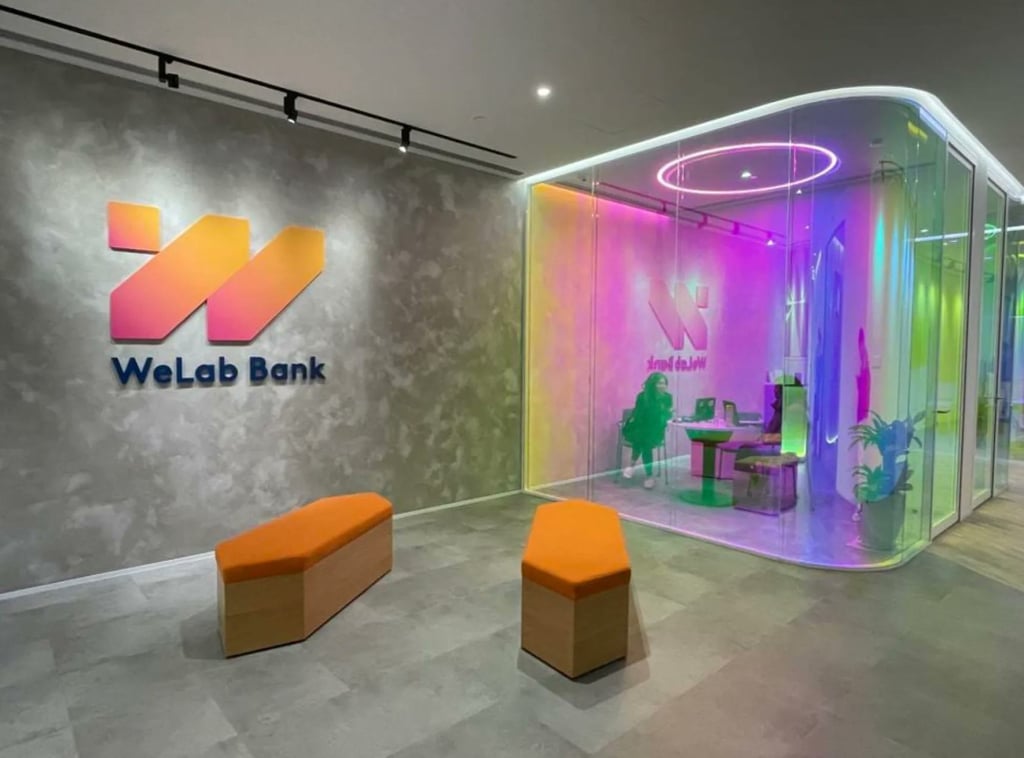Hong Kong rules out more virtual banks, citing need for ‘healthy development’ of sector

The Hong Kong Monetary Authority (HKMA) has ruled out issuing new virtual bank licences after a review found that the eight players currently operating were adequate and that it may stunt the sector’s development.
“Looking ahead, with the diversity of virtual banks and incumbent banks, the HKMA considers that the current number of virtual banking licences is optimal and does not see any strong justification to introduce more new virtual bank players to the market at this juncture,” Eddie Yue Wai-man, CEO of the HKMA, said in a statement on Tuesday.
The decision came after the HKMA earlier this year launched a review into the development of virtual banks, which have yet to turn a profit.
“The already keen competition in the retail banking sector will be further intensified if more new market participants are introduced,” the HKMA said in its review. “Moreover, with virtual banks yet to achieve profitability, introducing new players to the market is unlikely to be conducive to a healthy development of the sector.”
The de facto central bank, however, has proposed changing the names of these virtual banks to “digital banks” to reflect their business operations.
The HKMA issued eight virtual bank licences in 2019 to inject innovation and competition into the industry. The following year ZA Bank, WeLab Bank, Mox Bank, Ant Bank, Livi Bank, Ping An OneConnect Bank, Airstar Bank and Fusion Bank started operations. They are not allowed to have any physical branches and can only offer banking services online.

The HKMA’s review found the eight players had achieved the goals of promoting fintech adoption and innovation, such as allowing customers to open accounts from their mobile phones. The virtual banks have also improved financial inclusion by removing basic requirements for depositors to maintain a minimum balance of between HK$5,000 (US$641) and HK$10,000.
The eight players had a combined 2.2 million depositors at the end of last year, representing 8.8 per cent of the city’s overall total. However, none of them has made a profit after four years of operations, while their market share in loans, deposits and assets is less than 0.3 per cent of the overall market, the HKMA data showed.
This shows that virtual banks have yet to mount a significant challenge for the more than 150 traditional lenders such as HSBC, Standard Chartered and others.
The total assets of the eight virtual banks stood at only HK$49.9 billion last year, loans and advances at HK$19.5 billion and deposits at HK$37.5 billion. The HKMA said this was because of the constraints posed by the Covid-19 pandemic that made it difficult for virtual banks to launch promotions.
“Nevertheless, they recorded moderate business growth over the past three years, and their operating performance continued to improve, with aggregate operating income increasing seven-fold and net losses narrowing by 15 per cent from 2021 to 2023,” the HKMA report said.
Separately, the HKMA on Tuesday issued a consultation paper to seek public views until September 5 on renaming “virtual banks” to “digital banks”. The HKMA’s deputy CEO Arthur Yuen Kwok-hang had unveiled the plan in May.
Given the developments in the banking sector, the term “digital bank” has broader connotations of “internet” and “technology”, and thus seems to better reflect the use of the latest financial technologies and innovations by virtual banks, according to the consultation paper.
Source link



